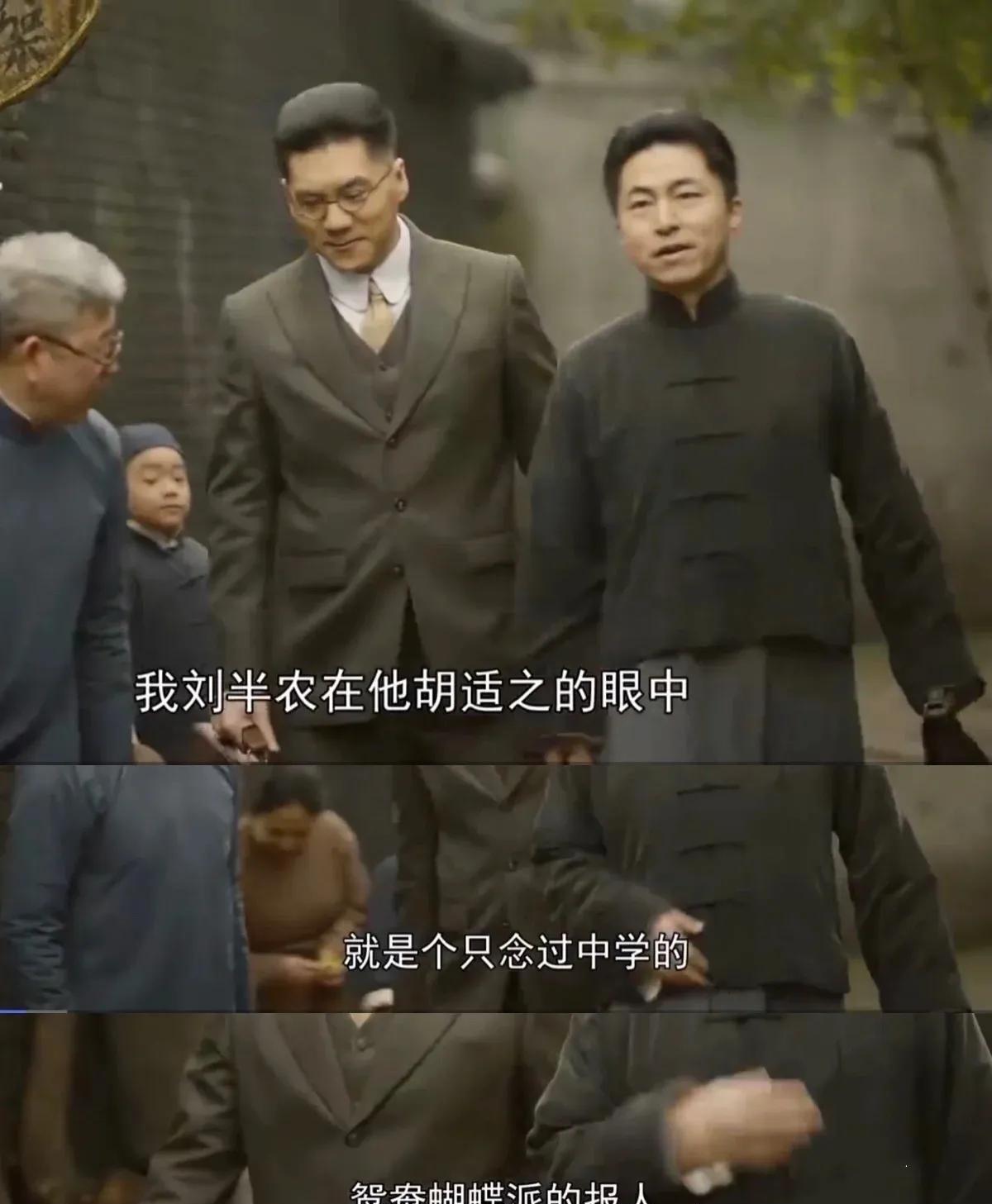
The Mandarin Duck Butterfly School is a genre of modern Chinese fiction that began in the early 20th century and flourished after the Xinhai Revolution, and is named after the poem "Thirty-six Mandarin Ducks with Birds, A Pair of Butterflies and Poor Worms" in the Qing Zhi Narrow Evil Novel "Traces of the Flower Moon". And because the Mandarin Butterfly Sect publications have the greatest influence on "Saturday", it is also called "Saturday School", and its content is mostly written about the love story of talent and beauty.
The Mandarin Duck Butterfly Novel was one of the most popular popular books in the literary world before the New Culture Movement. One of the representative works, Xu Qiuya's "Jade Pear Soul", has set a record of thirty-two reprints and hundreds of thousands of sales. The famous writer Zhang Hexhui's "The Cause of Laughter" has also been republished more than a dozen times. Among them, the most outstanding are the "Five Tiger Generals" and the "Four Great Sayings": the former are Xu Qiuya, Bao Tianxiao, Zhou Shuangjuan, Li Hanqiu, and Zhang Hexhui, and the latter are "Jade Pear Soul", "Guangling Chao", "The Legend of the Strange Heroes of jianghu", and "Laughing Marriage".
The May Fourth New Culture Movement, the Left Wing Literary Association (Left League) and other new cultural camps under the leadership of Mr. Lu Xun "while criticizing retro arguments, the new literary camp constantly waged a struggle against the Mandarin Duck Butterfly Faction." They believe that the "literature" of the Mandarin Duck Butterfly School, which grew out in the semi-colonial "Ten Mile Ocean Field", was popular in the years after the defeat of the Xinhai Revolution, and was an anesthetic and confusing soup on the road where the people began to awaken. Although there are a few works that to some extent expose social darkness, family despotism and warlord tyranny, etc., their general tendency is nothing more than "thirty-six mandarin ducks with the same fate, a pair of butterflies and poor worms", just as Lu Xun said "new talents + beautiful people", "happy and in love, inseparable, under the shade of willows, like a pair of butterflies, a pair of mandarin ducks". Flaunting funism, most of them are vulgar in content and empty in thought, "the old cliché of saying that love is not out of talent and beauty stealing incense and stealing jade, talking about politics and talking about society, but also lamenting the old tune of people's hearts that are becoming more and more degraded in the world."
Zhu Ziqing once said in the article "On Seriousness": "At the beginning of the new literary movement, the objects of struggle were mainly ancient texts, followed by novels of the Saturday school or the Mandarin duck butterfly school, followed by old dramas, and civilization dramas. They said that Guwen was dead, that the old drama was stale, simple, childish, noisy, and unreal, and that the martial arts field was more of a juggling, not a play. The novels of the Mandarin Duck Butterfly Sect are intended to provide people with tea and drinking entertainment, not serious, and the civilized drama is desperate to cater to people's low-level tastes... In the tradition of Chinese literature, novels and songs are more of a trail in the path, just because they are pastime, not serious, not serious is not serious, novels are usually called 'idle books', not serious books, the words are 'poetry', qu is 'word surplus', called 'yu' of course is not serious. The novels of the Mandarin Duck Butterfly Sect are intended to be entertained after tea and drink, but they are authentic Chinese novels. "#Age of Awakening##Liu Bannong ##胡适 #